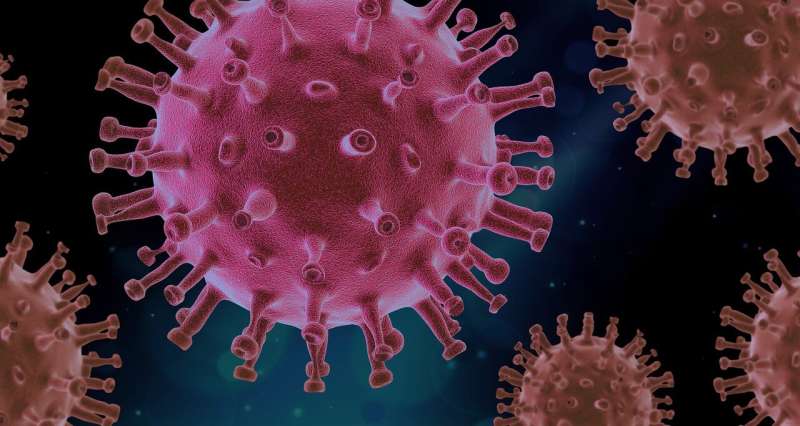Hope for patients with post-COVID syndrome

"Long-haul COVID," "long COVID" and "post-COVID syndrome" are references to patients who have been infected with COVID-19 and are still experiencing long-term effects and symptoms.
"Estimates show that 10%-30% of people who become infected with COVID-19 will end up coming down with long-haul COVID," says Dr. Greg Vanichkachorn, medical director of Mayo Clinic's COVID Activity Rehabilitation Program. "And it does look like that long-haul COVID could be a new chronic infection for some folks and be a new baseline."
The World Health Organization recently gave post-COVID syndrome its first clinical definition. "It says that patients should have symptoms that last for three months or more after their acute infection," says Dr. Vanichkachorn. "If someone does get long-haul COVID symptoms where things are not heading in the right direction, I recommend that patients seek medical care earlier than later."
Dr. Vanichkachorn says researchers are just starting to scratch the surface of learning about the biochemical changes occurring in the body that can lead to some of the symptoms patients are experiencing.
"Some people can have very minimal symptoms—some ongoing shortness of breath, which is something that can occur after a COVID-19 infection. Some may have a little bit of brain fog, while in others, the symptoms may be quite severe. They may have shortness of breath to the point that they need to remain on oxygen for several months after their infection, or not be able to do some of the basic activities of life, like walk across their home, take a shower and so forth."
As for understanding and determining new symptoms associated with post-COVID syndrome, he says, "The trouble with long-haul COVID is that it's so very nebulous, and there are no specific diagnostic criteria yet."
Hope for future treatments
Along with the COVID Activity Rehabilitation Program, Dr. Vanichkachorn works with patients in a separate program called the Post-COVID Care Clinic that is designed to help people who are farther out from their initial infection. He says while much work is ahead, advances are being made and patients should not lose hope.
"There is the possibility that we are going to find some very effective treatments for individuals to prevent long-haul COVID and treat patients who are experiencing long-haul COVID," says Dr. Vanichkachorn. "While we may be in an adaptive and management of symptoms scenario right now, things could get a whole lot better in the future."
He reminds patients to get help if they need it. "In order to keep making sure that this condition doesn't fall by the wayside, if you are having symptoms, don't be afraid to get treatment. Don't be afraid to advocate for yourself."
Prevention can start with vaccination and practicing safety protocols.
"The best way to prevent getting long-haul COVID is to not get COVID-19. And the best way to navigate COVID-19 is to first get vaccinated and continue all of your hygiene precautions like social distancing, and hand sanitizing and masking."
©2021 Mayo Clinic News Network.
Distributed by Tribune Content Agency, LLC.




















